Railman Fends Off Union Official’s Retaliation After Challenging Membership
Michielini v. IBEW, Local 589
What happens when an employee challenges a collective bargaining agreement dating from 1952? In Ray Michielini’s case, union officials allegedly retaliated. But with free legal representation from the Fairness Center, Ray came out on top.
Union requires full membership as condition of employment
When Ray began working at the Long Island Rail Road, union membership with the International Brotherhood of Electrical Workers, Local 589 (IBEW) was mandatory, according to their contract. Under the 70-year-old contract between the railroad and the union, all employees had to join and remain in the union—or face consequences.
Union officials falsely accuse railman of misconduct
In 2021, a video surfaced that showed IBEW officials in an unfavorable light, and they wrongfully accused Ray of widely distributing it. Feeling alienated, Ray tried to resign his union membership. But union officials refused to acknowledge his resignation.
That’s when Ray contacted the Fairness Center for help. After we got involved, the union seemingly backed down and allowed Ray to leave the union. But there was more to come.
IBEW officials retaliate against employee for exercising his rights
Shortly after his resignation, Ray stopped receiving overtime opportunities he was eligible for. It soon became clear that union officials were retaliating against Ray by denying him overtime, which cost him thousands of dollars in lost wages.
We stood by Ray and filed a lawsuit on his behalf to protect his First and Fourteenth Amendment rights of free speech and association. Ray’s litigation affirmed his union resignation, restored his lost wages, and forced IBEW officials to commit to not retaliate against him in the future.
“Because of the Fairness Center, the union knows it must respect my seniority. They have to call me for overtime and can’t skip me just because I left the union.” – Ray Michielini
Michielini v. IBEW, Local 589 is closed.
Documents
- Complaint – August 24, 2021
What happens when an employee challenges a collective bargaining agreement dating from 1952? In Ray Michielini’s case, union officials allegedly retaliated. But with free legal representation from the Fairness Center, Ray came out on top.
Union requires full membership as condition of employment
When Ray began working at the Long Island Rail Road, union membership with the International Brotherhood of Electrical Workers, Local 589 (IBEW) was mandatory, according to their contract. Under the 70-year-old contract between the railroad and the union, all employees had to join and remain in the union—or face consequences.
Union officials falsely accuse railman of misconduct
In 2021, a video surfaced that showed IBEW officials in an unfavorable light, and they wrongfully accused Ray of widely distributing it. Feeling alienated, Ray tried to resign his union membership. But union officials refused to acknowledge his resignation.
That’s when Ray contacted the Fairness Center for help. After we got involved, the union seemingly backed down and allowed Ray to leave the union. But there was more to come.
IBEW officials retaliate against employee for exercising his rights
Shortly after his resignation, Ray stopped receiving overtime opportunities he was eligible for. It soon became clear that union officials were retaliating against Ray by denying him overtime, which cost him thousands of dollars in lost wages.
We stood by Ray and filed a lawsuit on his behalf to protect his First and Fourteenth Amendment rights of free speech and association. Ray’s litigation affirmed his union resignation, restored his lost wages, and forced IBEW officials to commit to not retaliate against him in the future.
“Because of the Fairness Center, the union knows it must respect my seniority. They have to call me for overtime and can’t skip me just because I left the union.” – Ray Michielini
Michielini v. IBEW, Local 589 is closed.
Documents
- Complaint – August 24, 2021

